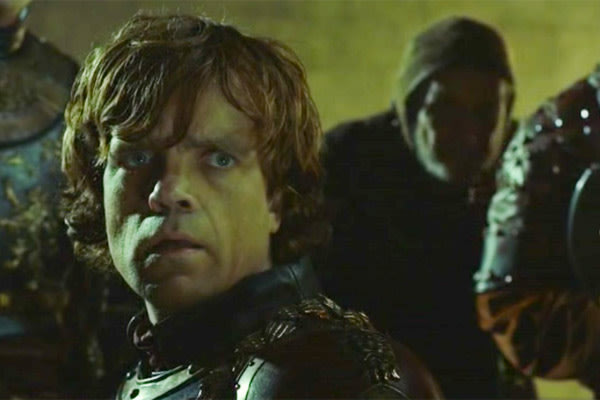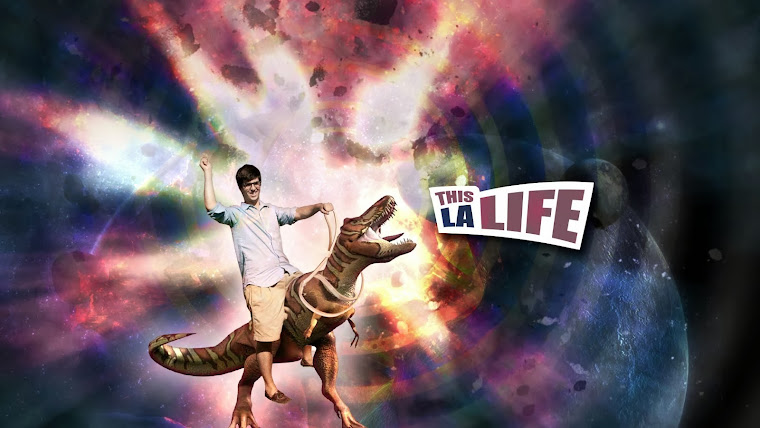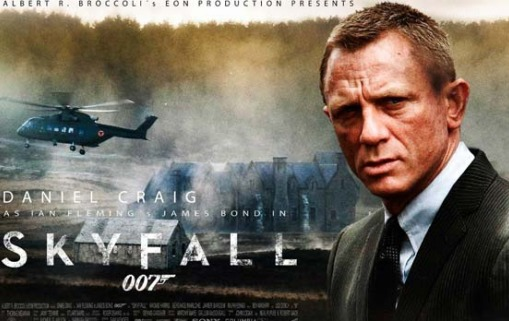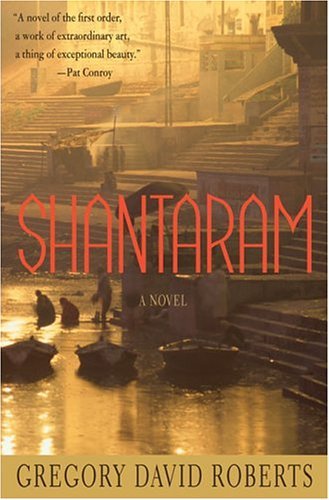- Before I could read myself, my Dad read me The Hobbit and the entire Lord of the Rings (LOTR) series to me before bedtime. This took about a year. We warmed up to this endeavor by reading The Chronicles of Narnia.
- I saw every LOTR movie in the theater on opening night and loved every single second of them. I even stood in the cold New England rain for The Return Of The King on opening night, totally worth it.
- I've played The Return of The King for PS2 to completion. Game is totally on point btw.
- I know what The Simarillion is, but haven't read it.
- I've dabbled in the special editions (aka the long ass versions) of the movies but have never watched.
- I can tell you that it was bogus that Tom Bombadil wasn't in the movies.
- I can tell you it was even more bogus that they didn't include "The Sacking of the Shire" even after they show a glimpse of it in Fellowship.
So yeah, I'm semi-deep into it, not nearly as deep as others, but I like to think I have some nerd/street cred in that area. Yet when I see the trailers, posters, and other relentless press the machine is cooking up for the feature adaptation of "The Hobbit," I'm just not that excited. I mean, I'm still a nerd, I almost exploded in nerd joy at "The Avengers," got way too deep into the semi-bullshit mythology of "Prometheus," and really enjoyed "The Dark Knight Rises." For weeks now I've been trying to figure out what about "The Hobbit" wasn't getting me on the hype train, and then I started seeing billboards around town for something else and it all clicked.
It comes back to HBO's epic fantasy series "Game of Thrones," which if you haven't seen it, is pretty much the iron price / gold standard for fantasy these days. If you've been following along with my recaps of the show, you know I'm a fiend for it, and I'm not alone in my addiction. Pretty much everyone who watches it is positively stark raving madly obsessed with it. And they should be, with its complex web of characters, fantastic production values, racy sex, awesome violence, stacks of political intrigue, and of course healthy doses of fantasy/magic, the show is incredible.
 Which brings me to "The Hobbit," the trailers for it have made the whole thing to look like some type of sleek cartoon, full of zany dwarves and fantastical creatures that don't look that real or dangerous. I don't know if they are just bad special effects, but I get a bizarre Star Wars Episode 1 Phantom Menace vibe from the whole thing. It looks to cartoony and after watching the gritty battles of Thrones with limbs getting hacked off, mud and dirt flying, and just the intensity of the whole thing , "The Hobbit" is looking like it was created on a green screen, kind of a "King Kong" vibe to reference Peter Jackson.
Which brings me to "The Hobbit," the trailers for it have made the whole thing to look like some type of sleek cartoon, full of zany dwarves and fantastical creatures that don't look that real or dangerous. I don't know if they are just bad special effects, but I get a bizarre Star Wars Episode 1 Phantom Menace vibe from the whole thing. It looks to cartoony and after watching the gritty battles of Thrones with limbs getting hacked off, mud and dirt flying, and just the intensity of the whole thing , "The Hobbit" is looking like it was created on a green screen, kind of a "King Kong" vibe to reference Peter Jackson.
If you want to get deeper into it, you can point out that "The Return of the King" came out in 2003, in a time where they wasn't any serious fantasy TV shows. Prior to "Thrones" almost all fantasy shows were syndicated programs like "Xena" or "Hercules," which were mediocre at best. The movies was where you went for epic fantasy. However, now, the three new Hobbit films seems like a limited way to tell epic stories, regardless of their lengths. The Game of Thrones series of books will max out at seven, and if you figure that each season will be one book, that's seven seasons of 10 episodes each an hour long. That's about 70 hours of fantasy goodness as opposed to the nine hours of "The Hobbit" (and I'm being generous assuming each movie is 3 hours long!) And when it comes to Fantasy, longer is always better.
Honestly, I hope I'm wrong, I really want to like "The Hobbit," and I'm definitely seeing it opening weekend, but there is no doubt then when I step out of that theater into the cold night air, I may be thinking how awesome it was, but I most certainly in some corner of my mind will be thinking "winter is coming!"








